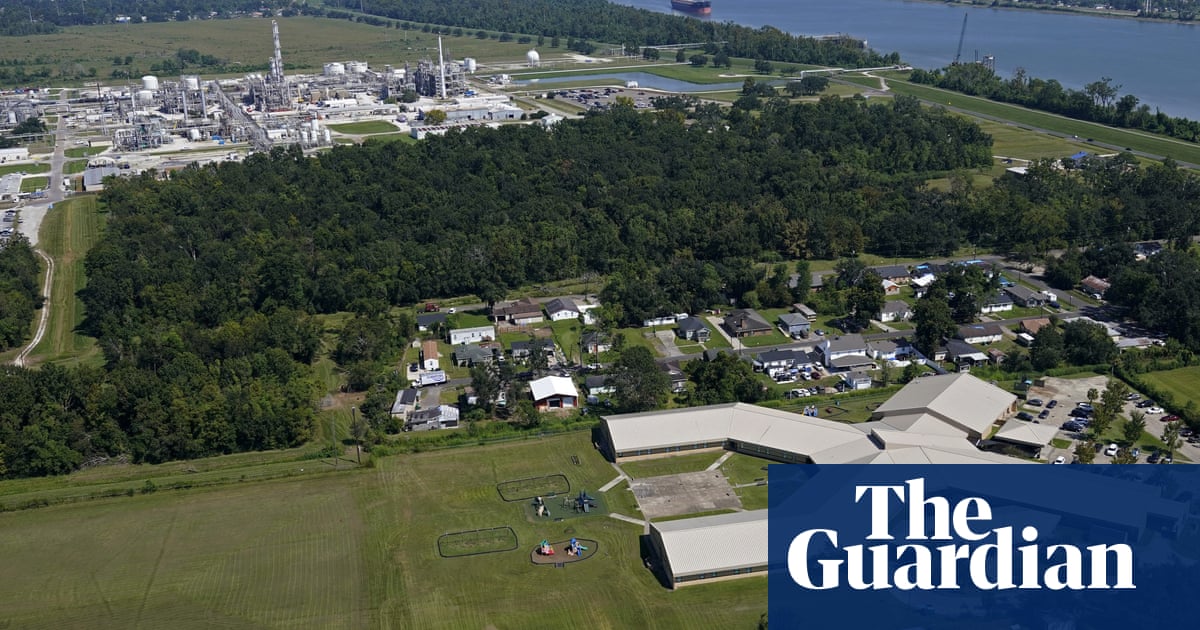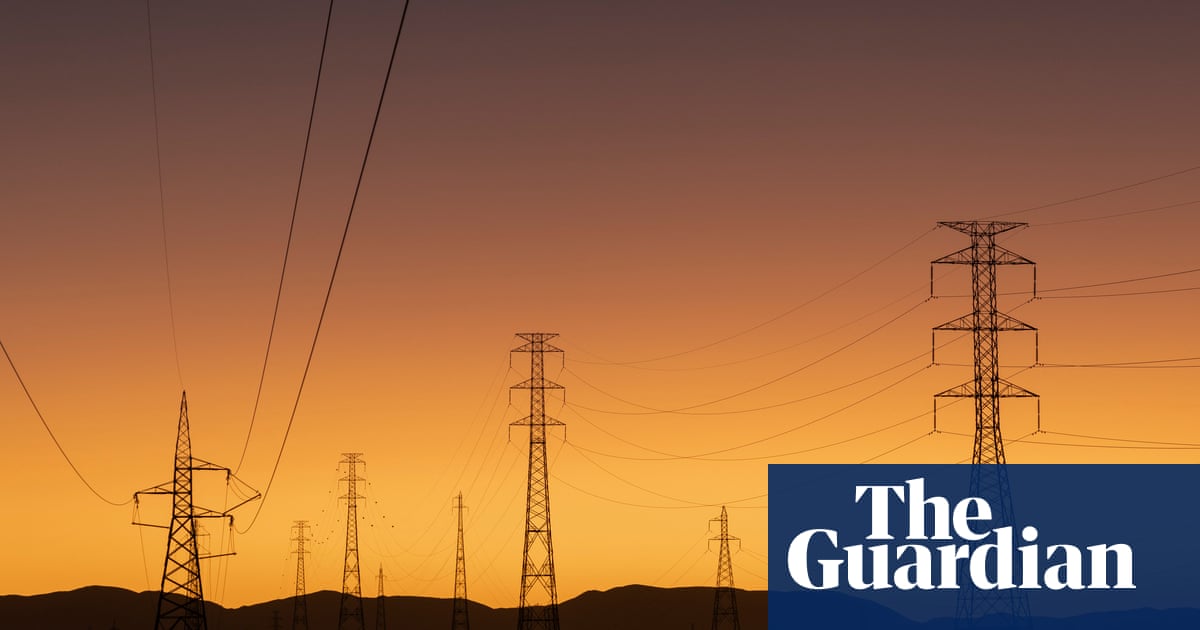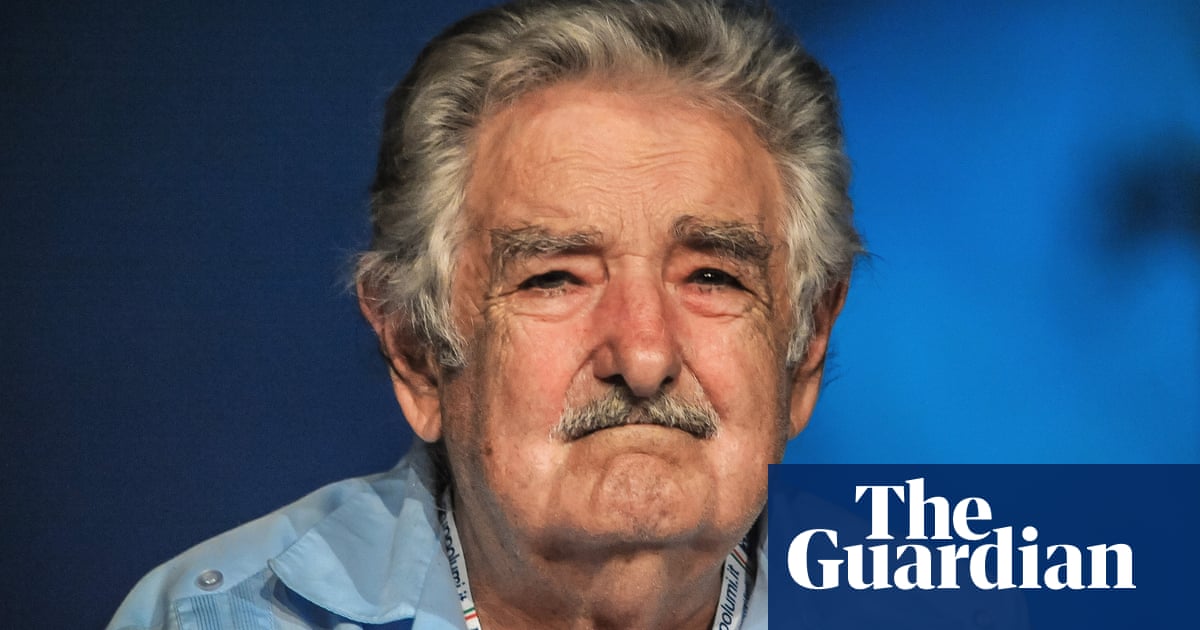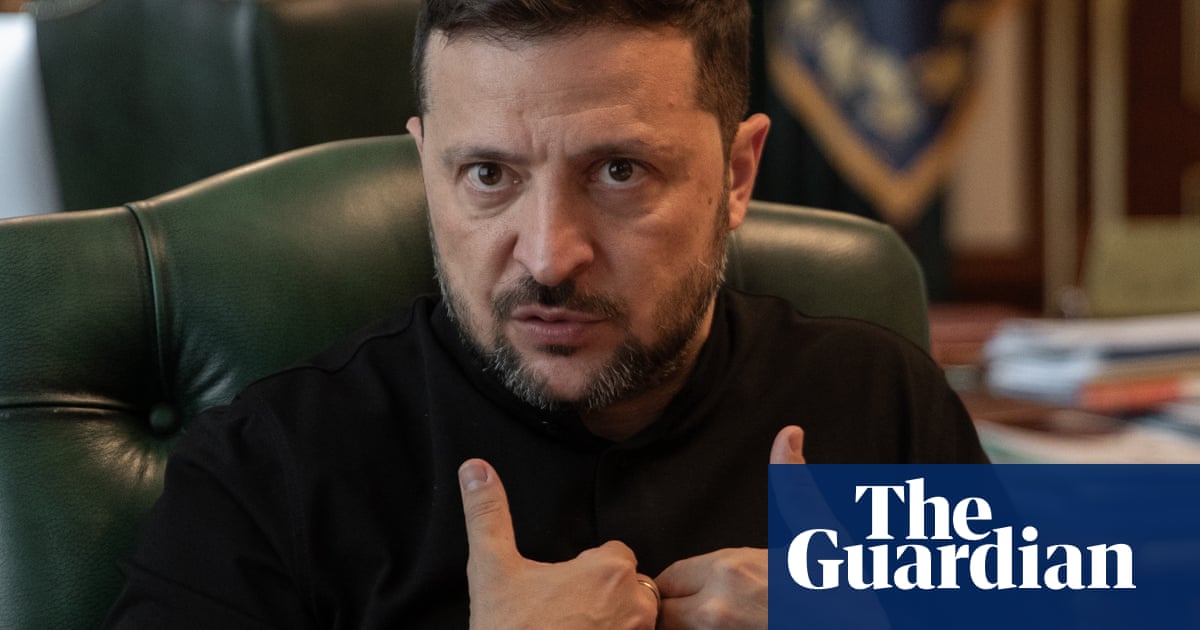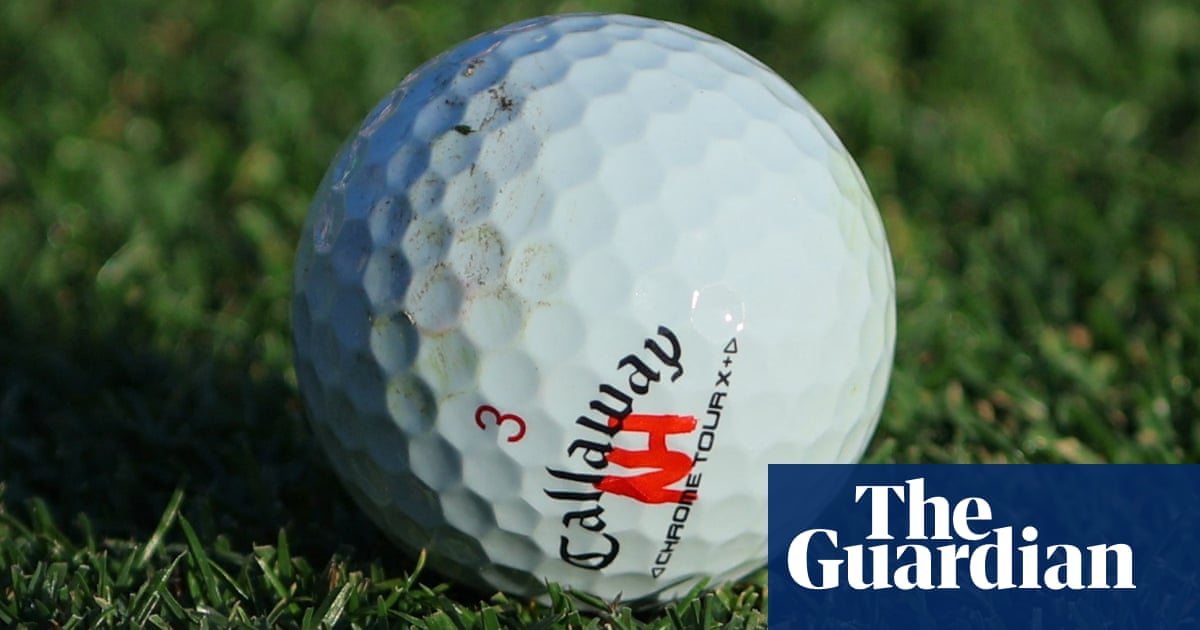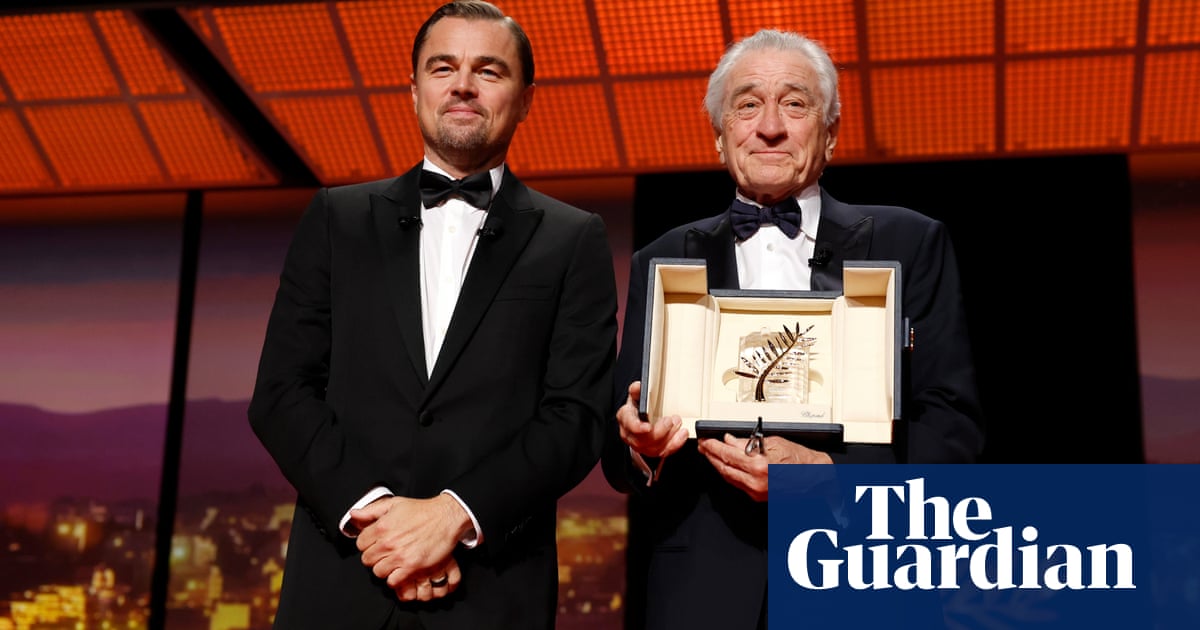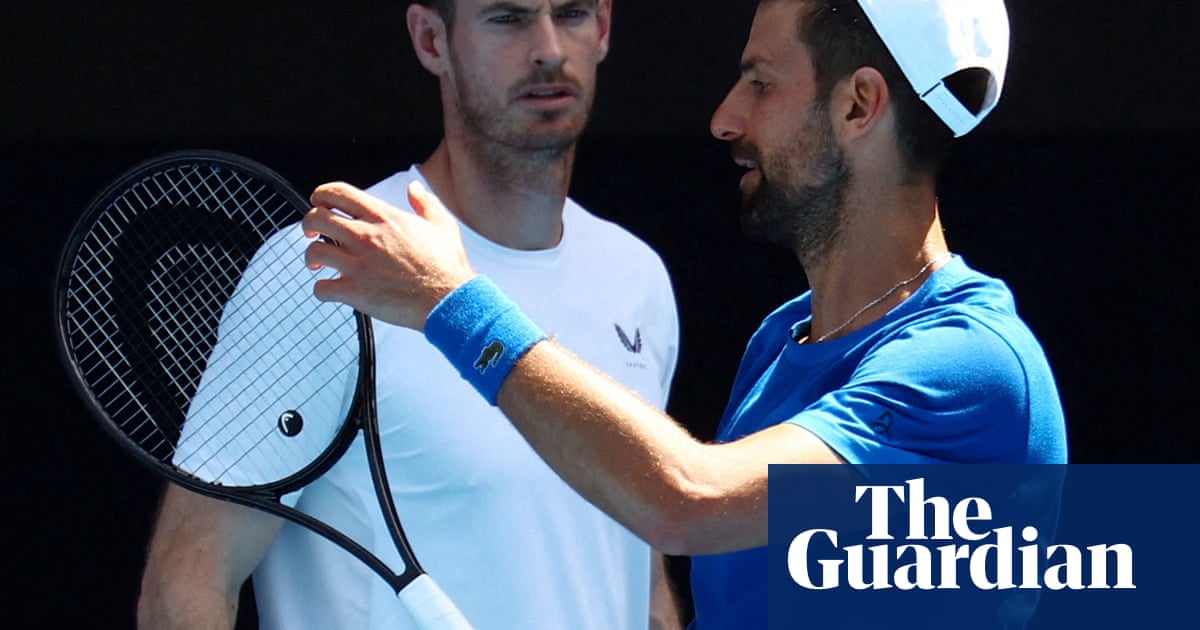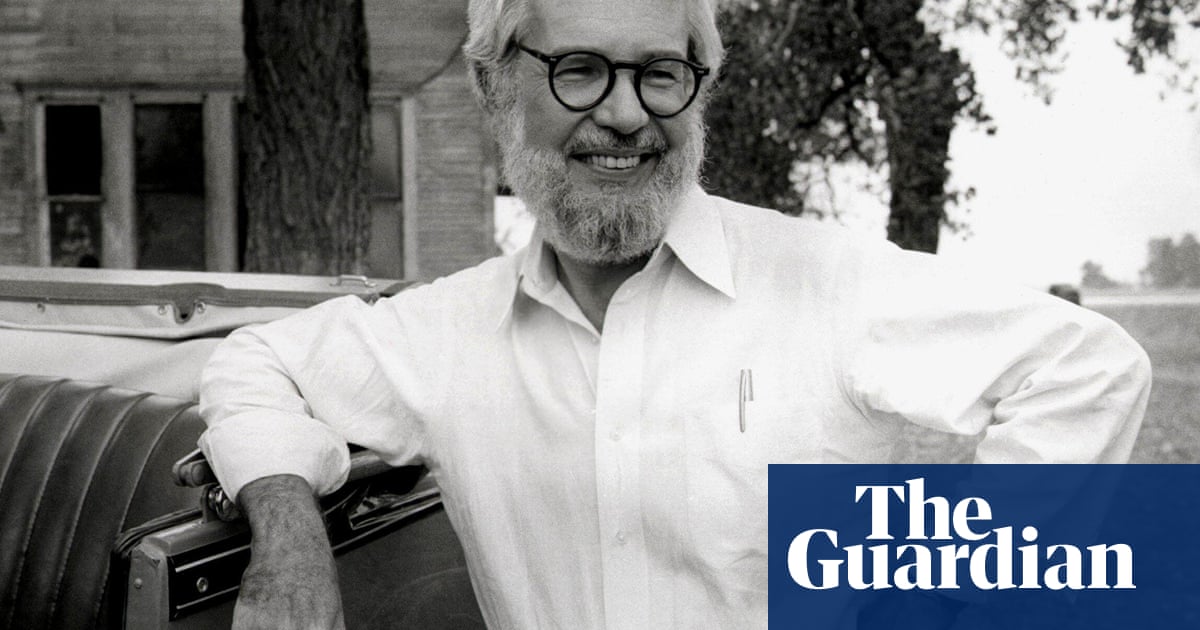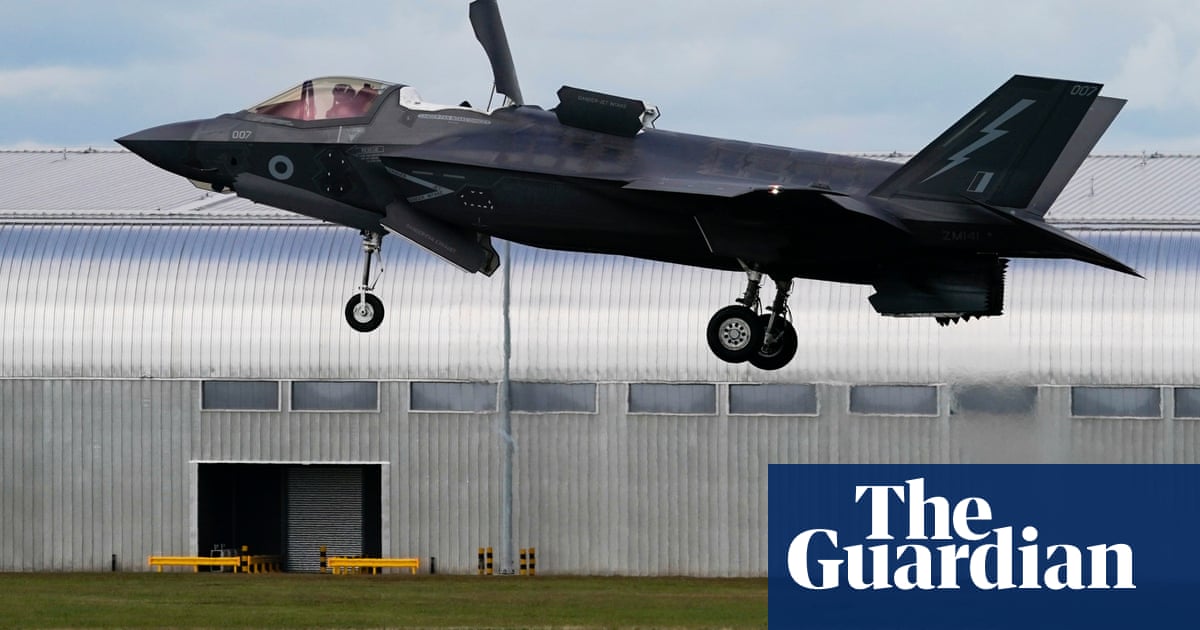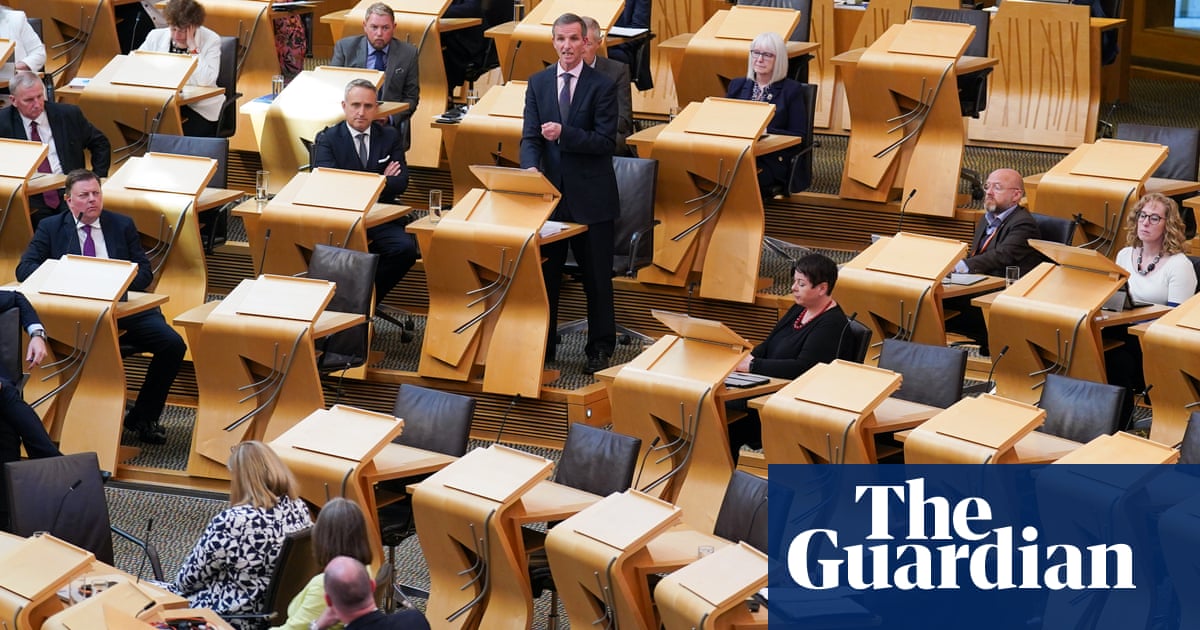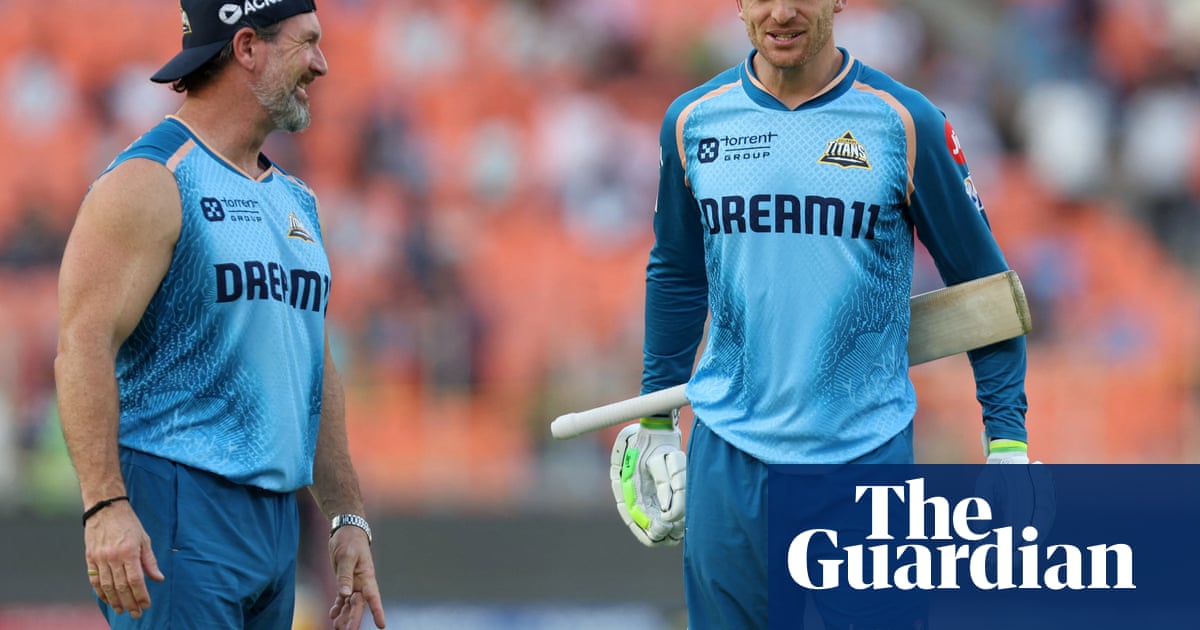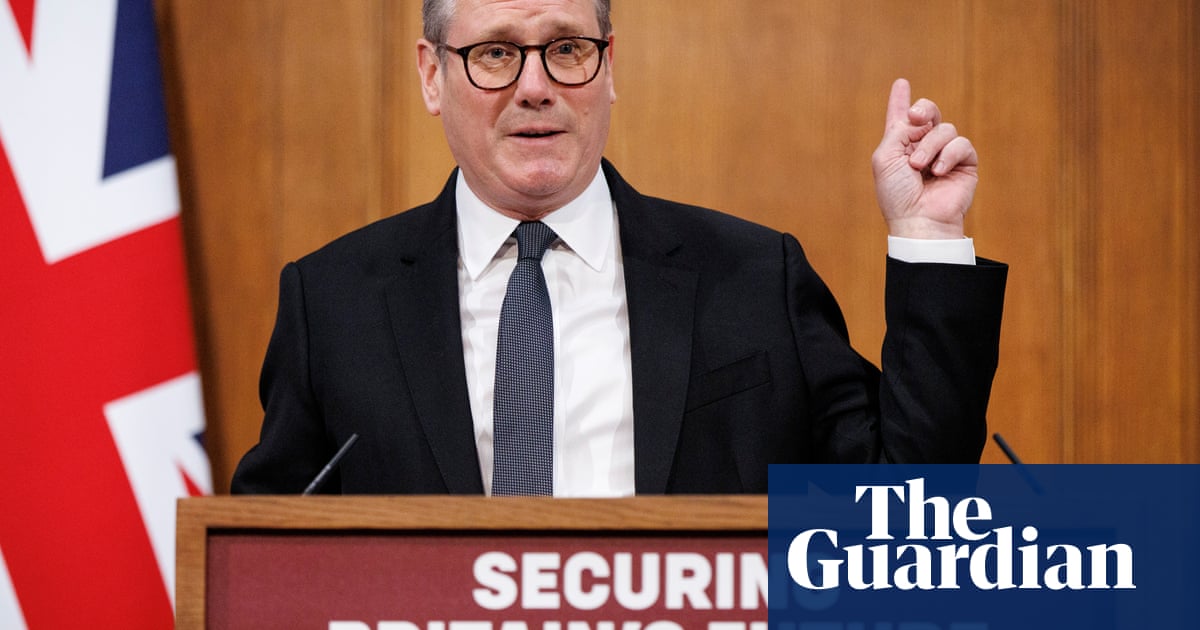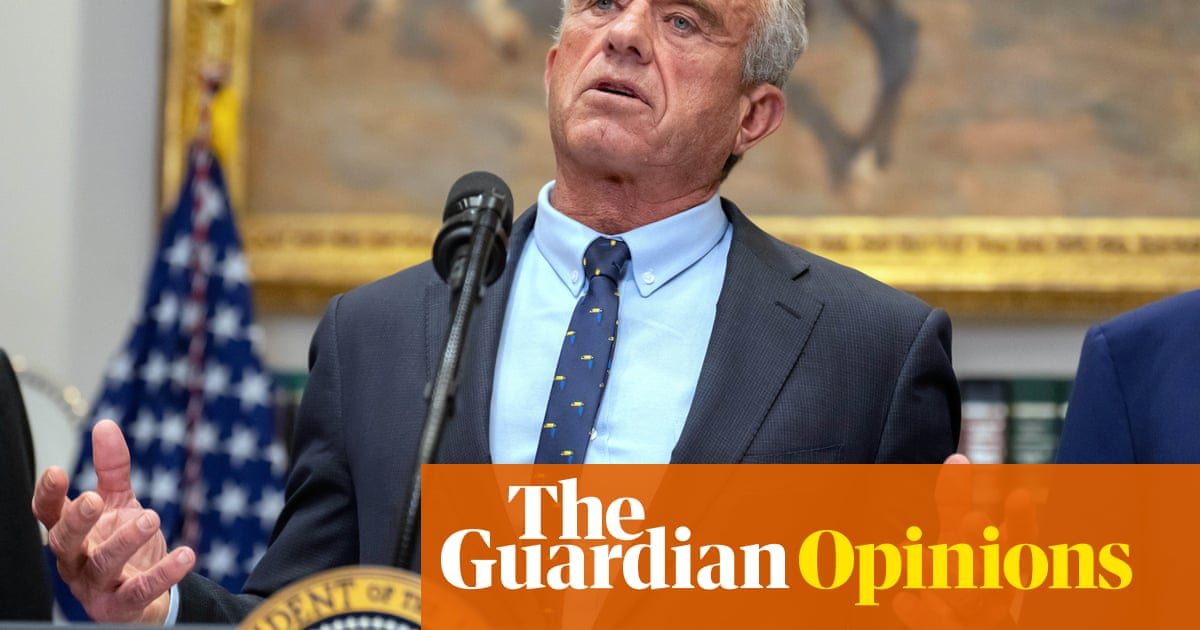Volodymyr Zelenskyy has challenged Vladimir Putin to meet in person for peace talks in Istanbul on Thursday and urged Russia to accept a 30-day truce, in a dramatic turn after a weekend of diplomatic flurry.
His comments came after Donald Trump pressed him to agree “immediately” to Putin’s offer of negotiations this week with Russia. Zelenskyy upped the stakes by suggesting the enemies meet “personally”.
“We await a full and lasting ceasefire, starting from tomorrow, to provide the necessary basis for diplomacy,” the Ukrainian president said in a statement. “There is no point in prolonging the killings. And I will be waiting for Putin in Türkiye on Thursday. Personally. I hope that this time the Russians will not look for excuses.”
The two leaders have not communicated directly since Russia launched its full-scale invasion of Ukraine, and there have been no publicly known talks between Moscow and Kyiv since March 2022, shortly after the war began.
Zelenskyy’s statement came shortly after Trump had told Kyiv to agree to Putin’s call for direct talks next week with Ukraine, sidelining a carefully orchestrated European-led movement to force the Russian leader to sign up to a 30-day ceasefire.
Trump said in a statement on his Truth Social platform that Ukraine should “HAVE THE MEETING, NOW!!!”.
He said: “President Putin of Russia doesn’t want to have a Cease Fire Agreement with Ukraine, but rather wants to meet on Thursday, in Turkey, to negotiate a possible end to the BLOODBATH. Ukraine should agree to this, IMMEDIATELY. At least they will be able to determine whether or not a deal is possible, and if it is not, European leaders, and the U.S., will know where everything stands, and can proceed accordingly!”
The demand for a 30-day ceasefire was set out on Saturday during a visit to Kyiv by the leaders of Britain, France, Germany and Poland, who together with Zelenskyy made a phone call to Trump before holding a joint press conference.
Britain’s Keir Starmer said that if Putin rejected the offer, “we will respond, working with President Trump, with all our partners, we will ramp up sanctions and increase our military aid for Ukraine’s defence to pressure Russia back to the table”.
Putin’s response to the ultimatum came in the unusual form of a statement read out to journalists in a ceremonial Kremlin room at close to 2am local time. He accused Ukraine of breaking previous ceasefires, but said that “despite this” he was suggesting the two parties meet for talks, which he said could take place in Istanbul this Thursday.
He did not say who would attend, though observers widely expected him to send his top diplomatic aides. “We are ready for serious talks with Ukraine, and we want to solve the root causes of the conflict,” he said.
Putin’s tone appeared carefully calibrated to reject Europe’s demands but also make Moscow appear to be playing constructively in the eyes of the Trump administration, which has tended to be much softer on Moscow than on Kyiv until recent days. Putin made a point of thanking the new US administration for its efforts to resolve the conflict.
Trump’s response suggests the tactic may have succeeded, delivering a significant blow to western unity, as Washington is now putting pressure on Kyiv to enter into talks with Moscow in Turkey – even as Russia continues its assault on the country.
In his Truth Social post on Sunday, Trump hinted at the frustration he has reportedly expressed in private in recent days over Moscow’s hardline demands in the war in Ukraine.
“I’m starting to doubt that Ukraine will make a deal with Putin, who’s too busy celebrating the Victory of World War II, which could not have been won (not even close!) without the United States of America,” he wrote.
By proposing a direct meeting with Putin in Istanbul, Zelenskyy appears to be seizing the initiative, putting pressure back on the Russian leader – who rarely travels spontaneously – to either attend or back down.
Earlier on Sunday in a post on X, Zelenskyy had said: “There is no point in continuing the killing even for a single day. We expect Russia to confirm a ceasefire – full, lasting and reliable – starting tomorrow, May 12, and Ukraine is ready to meet.”
His chief of staff, Andriy Yermak, put it more succinctly: “First a 30-day ceasefire, then everything else.”
The French president, Emmanuel Macron, had written on X on Sunday morning that no talks would be possible until Putin agreed to the ceasefire. “There can be no negotiations while weapons are speaking. There can be no dialogue if, at the same time, civilians are being bombed,” he wrote.
The flurry of back-and-forth offers and ultimatums suggests fast-moving diplomacy around the conflict, but behind the rhetoric it is not clear how much of the fundamental positions of the two sides have changed.
Ukraine and its European allies want a full ceasefire, after which negotiations would start on a comprehensive settlement including a European “reassurance force” inside Ukraine, the exact composition and duties of which are still under discussion among allies.
Putin, on the other hand, wants to keep fighting to increase the pressure on Ukraine to sign up to a number of Moscow’s core demands, which have changed little since the start of the war. As well as territorial claims to the regions it occupies, Moscow is expected to demand guarantees over Ukraine’s future political and military decisions. The Kremlin has already made it clear it would not accept western troops stationed in Ukraine.
A top Putin aide, Yuri Ushakov, said on Sunday that the previous first round of Istanbul talks, in spring 2022, should serve as the basis for any new negotiations. Leaked drafts of those discussions suggest that the Russian terms presented amounted to an effective surrender for Ukraine.
Trump’s support for Putin’s idea came after his Ukraine envoy, Keith Kellogg, backed the European position. “As President Trump has repeatedly said, stop the killing!! An unconditional 30 day ceasefire first and, during it, move into comprehensive peace discussions. Not the other way around,” Kellogg wrote on X.
In the hours after Putin’s address on Sunday morning, Russia launched more than 100 drones at Ukraine, as a three-day ceasefire unilaterally declared by Putin came to an end.
The ceasefire was pegged to the 80th anniversary of victory in the second world war, for which Putin presided over a military parade in Moscow on Friday with guests who included the leaders of China and Brazil. Kyiv rejected that ceasefire, saying it was a cynical attempt to avoid attacks on Russia during the set-piece parade, while Moscow continues to reject calls for a longer-term ceasefire.

.png) 2 days ago
11
2 days ago
11

